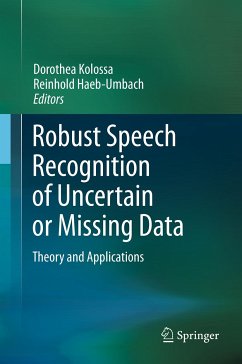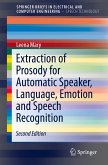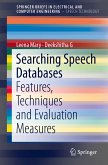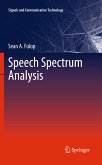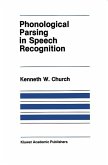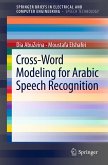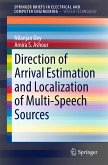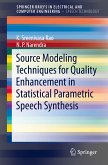The book is appropriate for scientists and researchers in the field of speech recognition who will find an overview of the state of the art in robust speech recognition, professionals working in speech recognition who will find strategies for improving recognition results in various conditions of mismatch, and lecturers of advanced courses on speech processing or speech recognition who will find a reference and a comprehensive introduction to the field. The book assumes an understanding of the fundamentals of speech recognition using Hidden Markov Models.
Dieser Download kann aus rechtlichen Gründen nur mit Rechnungsadresse in A, B, BG, CY, CZ, D, DK, EW, E, FIN, F, GR, HR, H, IRL, I, LT, L, LR, M, NL, PL, P, R, S, SLO, SK ausgeliefert werden.

